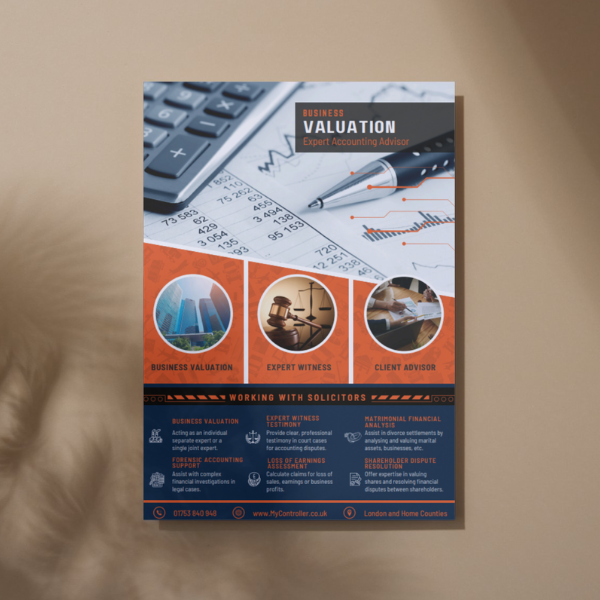The Importance of Accurate and Organised Financial Records

For businesses and individuals alike, maintaining accurate and well-organised financial records isn’t just a mundane administrative task—it's the backbone of sound financial management. Good record-keeping fosters better decision-making, ensures compliance with laws and regulations, and creates a solid foundation for financial health.
But what happens when financial records are disorganised or incomplete? The ripple effects can be far-reaching. Companies risk falling out of compliance, incurring penalties, and losing credibility with stakeholders. For individuals, it can lead to missed financial opportunities, tax mistakes, and unnecessary stress.
Here's why staying organised with your financial records is so critical:
The Benefits of Organised Records
- Clear Financial Insights Organised records provide a transparent view of income, expenses, and profits. They enable businesses to monitor cash flow effectively and make informed decisions about investments, cost-cutting, or expansion. Without this clarity, you're essentially flying blind.
- Compliance and Legal Protection Whether it's filing taxes or adhering to local regulations, accurate financial records keep you compliant. They also provide evidence of your financial activities if you're audited or face legal scrutiny.
- Time and Stress Savings Having everything in its place means you won't be scrambling at year-end to gather receipts or invoices. It saves time and avoids the headache of reconstructing financial history under pressure.
- Better Relationships with Stakeholders Good financial records build trust with banks, investors, and creditors. Lenders are more likely to approve loans when they see proof of financial stability and organisation.
The Consequences of Poor Record-Keeping
Disorganised records, on the other hand, can lead to an array of problems:
- Missed Deadlines: Filing taxes or submitting reports late can result in hefty fines and penalties.
- Errors and Fraud Risks: Incomplete or messy records make it easier for errors or even fraudulent activities to go unnoticed.
- Poor Decision-Making: Without accurate data, decision-makers might overestimate profits or underestimate expenses, leading to financial missteps.
- Damage to Reputation: Repeated mistakes or missed deadlines can erode trust with clients, partners, and financial institutions.
Best Practices for Staying Organised
- Adopt a Systematic Approach Whether it's a digital accounting tool or a simple filing system, having a consistent way to manage records is key.
- Categorise Everything Keep income, expenses, assets, and liabilities in clearly defined categories. This makes retrieval and analysis much simpler.
- Regularly Review and Update Don’t let things pile up. Regularly updating records ensures accuracy and reduces the end-of-year rush.
- Seek Professional Support Sometimes, hiring a professional accountant is the best way to ensure records are handled correctly. My Controller is always available to help you.
Final Thoughts
Keeping accurate and organised financial records is more than just an accounting best practice—it's a lifeline for financial success. By prioritizing organization and accuracy, you save time, reduce stress, and set yourself up for success. The alternative? A tangled mess of papers and potential financial disaster—not a scenario anyone wants.
So, take the time to invest in good habits now. Your future self (and possibly My Controller) will thank you.
If you are struggling, call today to see how My Controller can help you.
Share:







